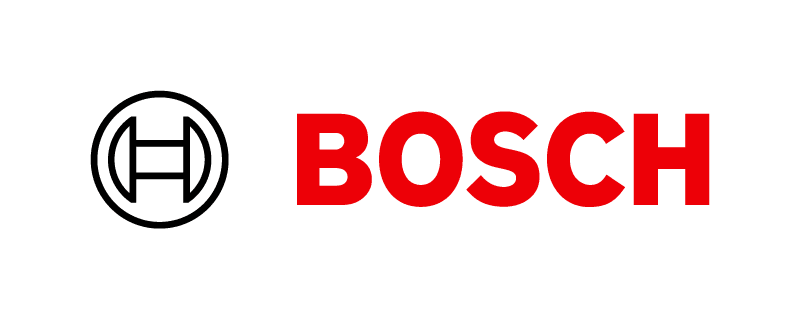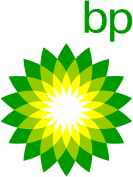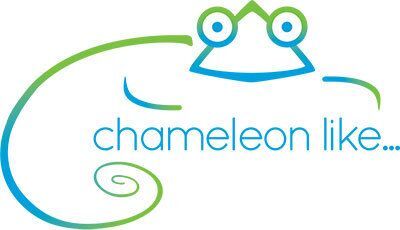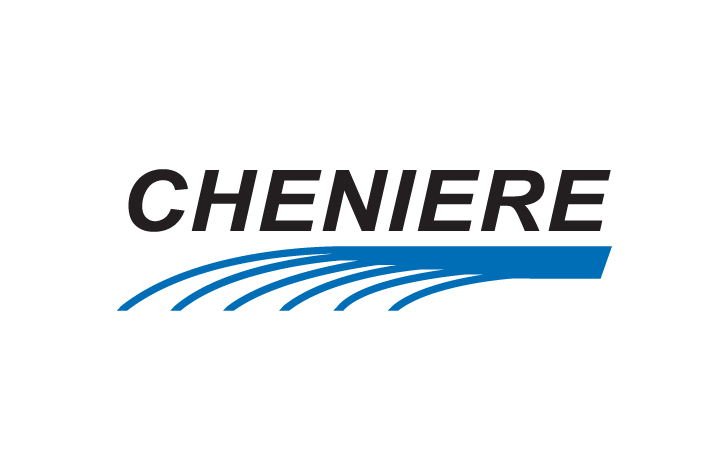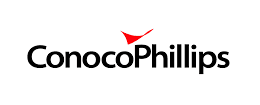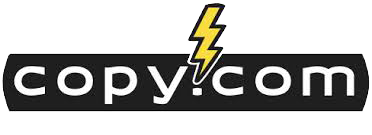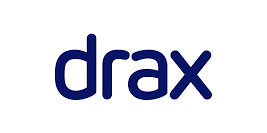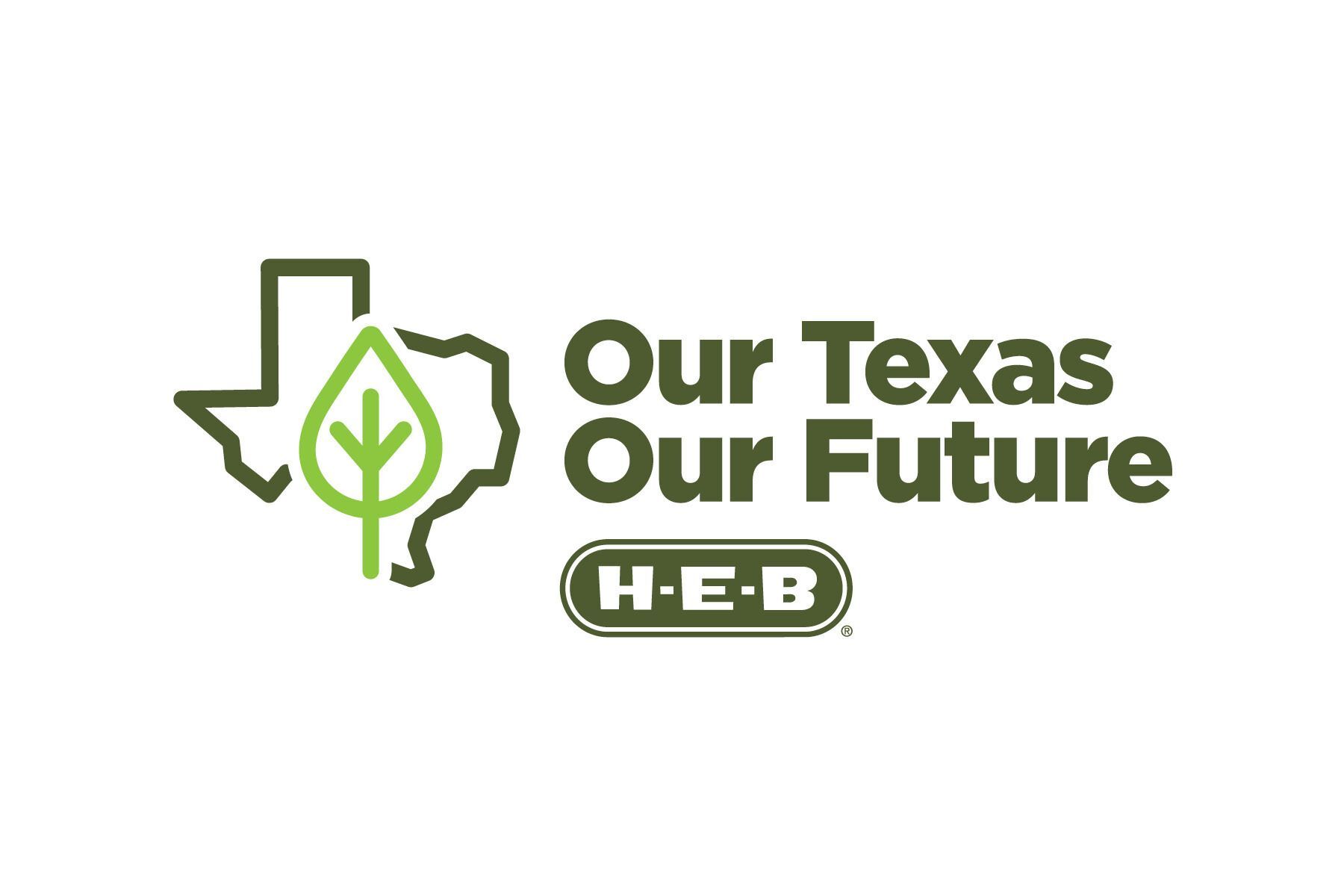Galveston Bay Oil Spill
Frequently Asked Questions
Galveston Bay is officially re-opened for commercial and recreational use, but what remains to be done for the wildlife still affected?
Houston Audubon will continue to monitor the Bolivar Flats Shorebird Sanctuary and other locations directly affected by the spill, or known to be inhabited by potentially impacted birds. Our independent observations and data collections are important evidence as to the short-term effects of the spill and its potential long-term impacts on wildlife, their habitats, and their food supply for which we remain very concerned. If affected negatively, this could impact the habitat’s ability to support robust populations, and especially could affect important nesting behaviors and outcomes. In summary, we are largely out of the woods for the immediate threats, but we will focus on short-term monitoring for the next few weeks and then revert to long-term monitoring.
What is happening at the Bolivar Flats Shorebird Sanctuary, and may I visit?
Houston Audubon is conducting conservation business as usual which means we are managing the land in a way to provide a safe haven for wild birds which feed, rest, and nest there. Every five to ten days, we conduct the Texas Shorebird Survey, created a year ago in response to the Deepwater Horizon incident. The info collected establishes baseline data for how birds are using the beaches and other habitats on the sanctuary on a regular basis. Currently, all sanctuaries normally open for visitation will remain open, including Bolivar Flats.
Will the Spring Migration 2014 public events, bird walks, and workshops planned for High Island or Galveston FeatherFest’s & Nature PhotoFest event schedule be impacted by the spill?
Currently, no changes have been made to event or festival schedules. The High Island Spring Migration open house is Saturday, April 5 and is free and open to the public. After that date, regular admissions is $7 per day (students and children are free) or $25 for a season pass to access all sanctuaries. Saturday, May 3 please visit our tent at Bolivar Flats Shorebird Sanctuary for the Bolivar “Big Sit” where Houston Audubon will attempt to break its previous year’s record of 77 species seen in one day from the flats. That morning, we will also host our monthly 1st Saturdays Bolivar Beach Ramble which is an interpretive walk from a naturalist point of view, free and open to the public. No preregistration required. Meet at 10 AM at the vehicular barrier.
Are you taking volunteers to rehabilitate oiled birds?
Thank you for offering to help. Houston Audubon is part of a regional team responding to the spill. Our role is to watch for, document, and report oiled birds and to coordinate with the lead agencies managing the wildlife recovery effort – that's the US Fish and Wildlife Service and Texas Parks and Wildlife. Presently, we have not been pulled in to aid with the bird washing operation part of the effort which is being handled by Wildlife Response Services based in Baytown. A Houston-based partner called the Wildlife Center of TX is on standby to also help. If you would like to volunteer in a capacity other than cleaning the birds, please contact our partners at the Galveston Bay Foundation who are standing by to register volunteers who will be called upon as needed at www.galvbay.org or 281-332-3381.
Why can't I help clean the birds?
The birds are being handled by highly trained volunteers through Wildlife Response Services. Right now we understand there is enough help for that task. Please stay tuned in case the volume of birds in need changes, but for now we are being told there is an ample supply of trained personnel.
What do I do if I encounter an oiled bird?
Please keep a safe, respectable distance from the bird as it is under heavy stress. Please call 1-888-384-2000 to report oiled birds and wildlife. That number is to the Galveston County Office of Emergency Management which is centrally handling the information.
How can I help?
Houston Audubon owns and manages 17 bird sanctuaries encompassing approximately 3,400 acres throughout the Houston-Galveston region. Every day, we work to ensure these lands are protected for the use of birds and other wildlife. Please consider helping us meet our mission by becoming a local, supporting member of Houston Audubon, making a donation, becoming a regular volunteer and spreading the word about our conservation work. Please see the Ways to Help section of our website for more information. Thank you for your continued support.


